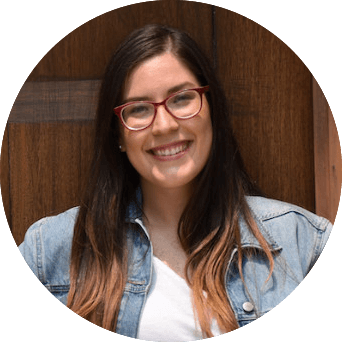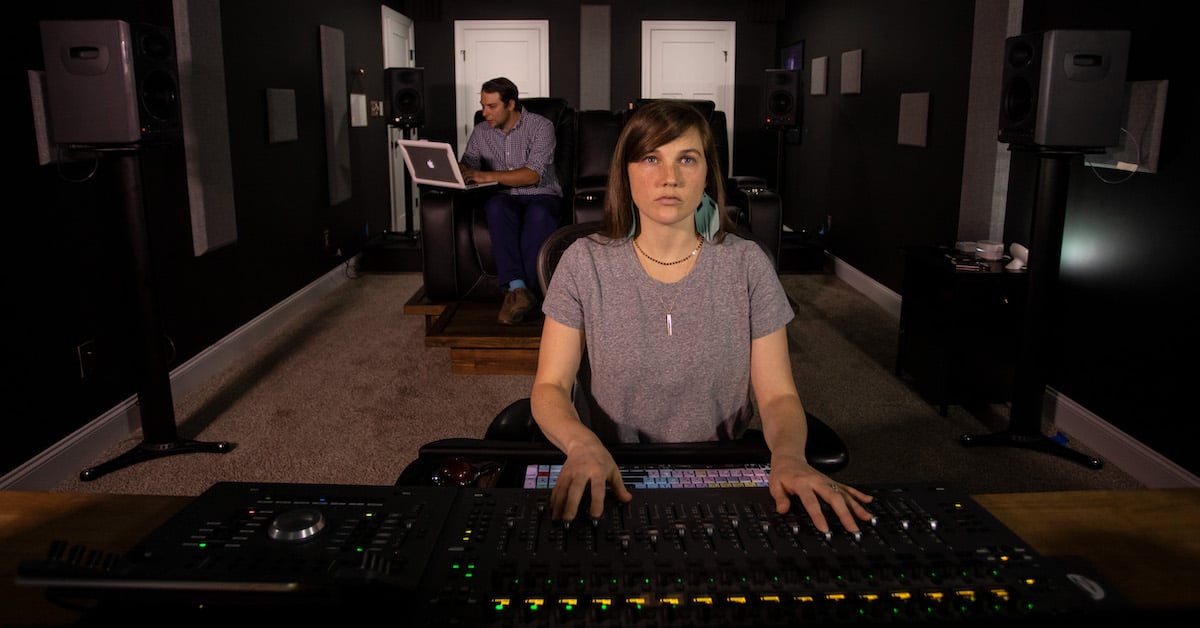Discover the best ways to cultivate a healthy professional relationship with directors.
Many times, when starting our careers in the sound post industry, we concentrate on the technical aspects of how we are doing our work, but we forget that filmmaking is a product of collaboration.
Our job is to bring the director's vision into the soundscape and represent it the best possible way. To make this happen, we need to create a good relationship with the director. Here are a few key points to start with:
1. Professionalism in the workspace
This is fundamental to a good first impression, and the most important elements are in the details. Making directors feel comfortable in the studio by creating a good and relaxed atmosphere can be crucial for them choosing to work with you. And this can be applied to at-home workspaces too. Always have your environment show an air of professionalism. Does the place look presentable? Is it clean and does it have everything you need to spend a lot of time in this small space?
A good tip is to always make sure you have water/drinks and snacks ready for them. This might seem like a small thing, but remember that you're probably going to spend a lot of hours and/or days (even weeks sometimes) together. Making them feel comfortable and, most importantly, making them trust you, is a huge part of the job. This also includes the way you present yourself, so always have a great attitude and show that you care about their work. Invest yourself in their work and directors will appreciate you greatly for it.
"Learn about the director’s previous work and influences. You could ask for references and watch clips from these so you know what direction you should take."
.jpg?width=800&name=jesman-fabio-1zwJqd5cNys-unsplash%20(1).jpg)
2. Be prepared
A great first meeting is always one where the director can see that you know what you're talking about. And this comes by preparing yourself for that first meeting. Usually, you would watch the film before you accept the job. Be sure to watch it from start to finish, and take diligent notes about it for your meeting.
Another great tip is to learn about the director’s previous work and influences. You could ask for references and watch clips from these so you know what direction you should take. Even if it's a first time director, it’s good to ask about what inspires them and refer to that work, and ask about the general idea of the project. With this, you will be prepared for whatever notes they have and will have your questions and ideas in order.
Being prepared doesn't only apply to the first meeting, but all the time. Every time you have a meeting with the director and/or when you show your work to the director, have your questions prepared and have your work organized. This creates security in the director so they know they can rely on you and your work.
Also, throughout your relationship with the director, you'll have to set deadlines to show your work to them. Hitting deadlines is something very basic but incredibly important on any type of work to show your professionalism. This doesn't mean just finishing the work on time and showing it, regardless of the quality; you still have to show growth and professionalism through each meeting.
"Be honest about what you can accomplish within their budget and time, so you don't set an impossible standard."
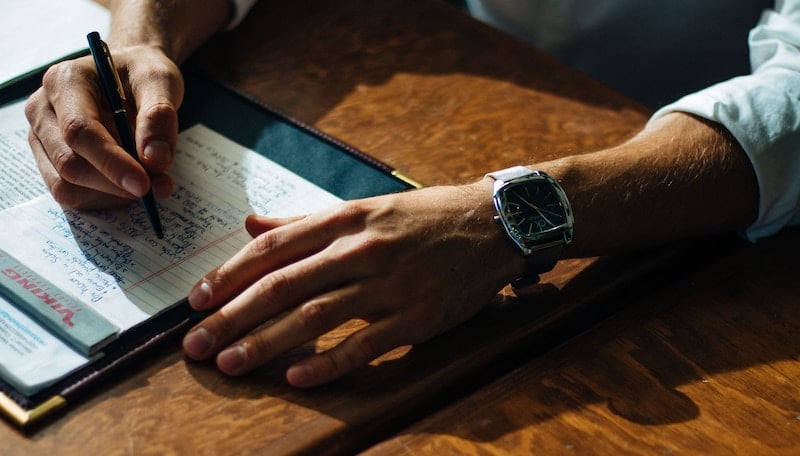
3. Communication is everything
To have a successful project, you have to have amazing communication with your director. The first thing to do is to be honest about what you can accomplish within their budget and time, so you don't set an impossible standard for them. The way you approach this is fundamental. It requires an open mind and flexibility, so the director doesn't think that they are working against you.
Once the work starts, the best thing you can do is listen to the director's ideas and the emotions they're trying to convey into their work. Remember that it's their movie and you are there to help accomplish this vision. Be a problem solver, but also don't be just a ‘yes’ person. If you think something would work better in another way, speak up and be assertive about what you think. The director wants to work with you because of your expertise, so bouncing ideas back and forth will result in an amazing collaboration.
"Be a problem solver, but also don't be just a ‘yes’ person. If you think something would work better in another way, speak up and be assertive about what you think."
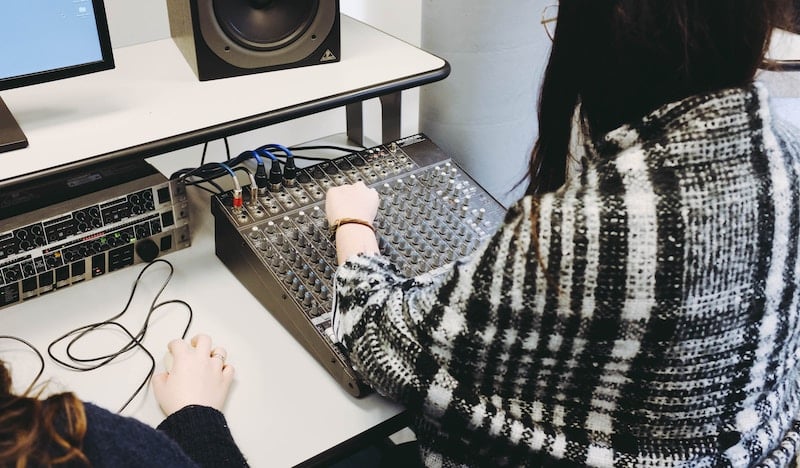
4. Learn their language
An important element to great communication with the director is to learn their language. A lot of directors are not going to be technically proficient in sound terminology. So even if you know what to do technically for a situation, describing it that way to the director might not translate the way you want it to.
Your job is to receive whatever the director tells you that they want and communicate it through sound. Be sure to be clear about what you want to accomplish and the director will rely on your expertise.
"When the director is not convinced about some of your work, one helpful approach is to be prepared and have another option within your session to show them right away."

5. Be comfortable with letting things go
Sometimes, something you have worked on for a very long time and put all your creative self into might not quite work for the director, and you'll have to start all over again. This is something that happens often in the creative process, so don't hold a grudge or take it personally. Remember, this is the director's film, so it's about what works for the story.
If you really feel that the choice you made is the right direction, you should have an explanation about why it is important and that way you might change the director's mind. At the end of the day they have the final call, so you have to learn to pick your battles and be able to negotiate what's best for the film.
When the director is not convinced about some of your work, one helpful approach is to be prepared and have another option within your session to show them right away. This also shows that you are flexible about some decisions and if the director likes your vision, they will trust you and let you experiment more for the rest of the film.
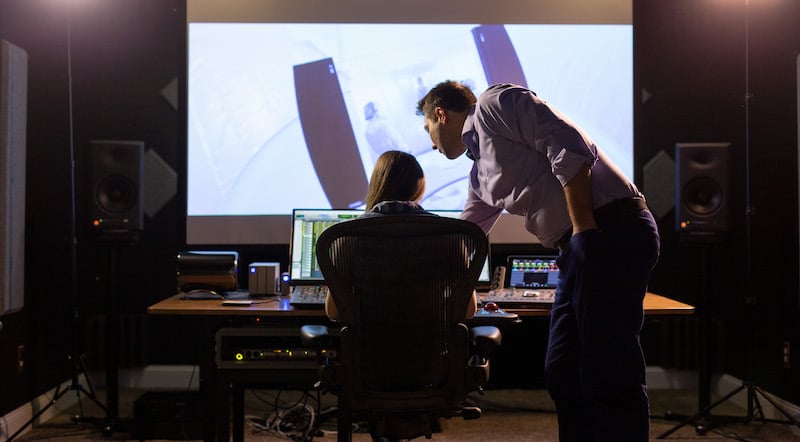
 Natalia Saavedra Brychcy is a Los Angeles based freelance sound designer. For over 4 years, she has been working on a wide array of projects for television and film, from all over the world.
Natalia Saavedra Brychcy is a Los Angeles based freelance sound designer. For over 4 years, she has been working on a wide array of projects for television and film, from all over the world.


